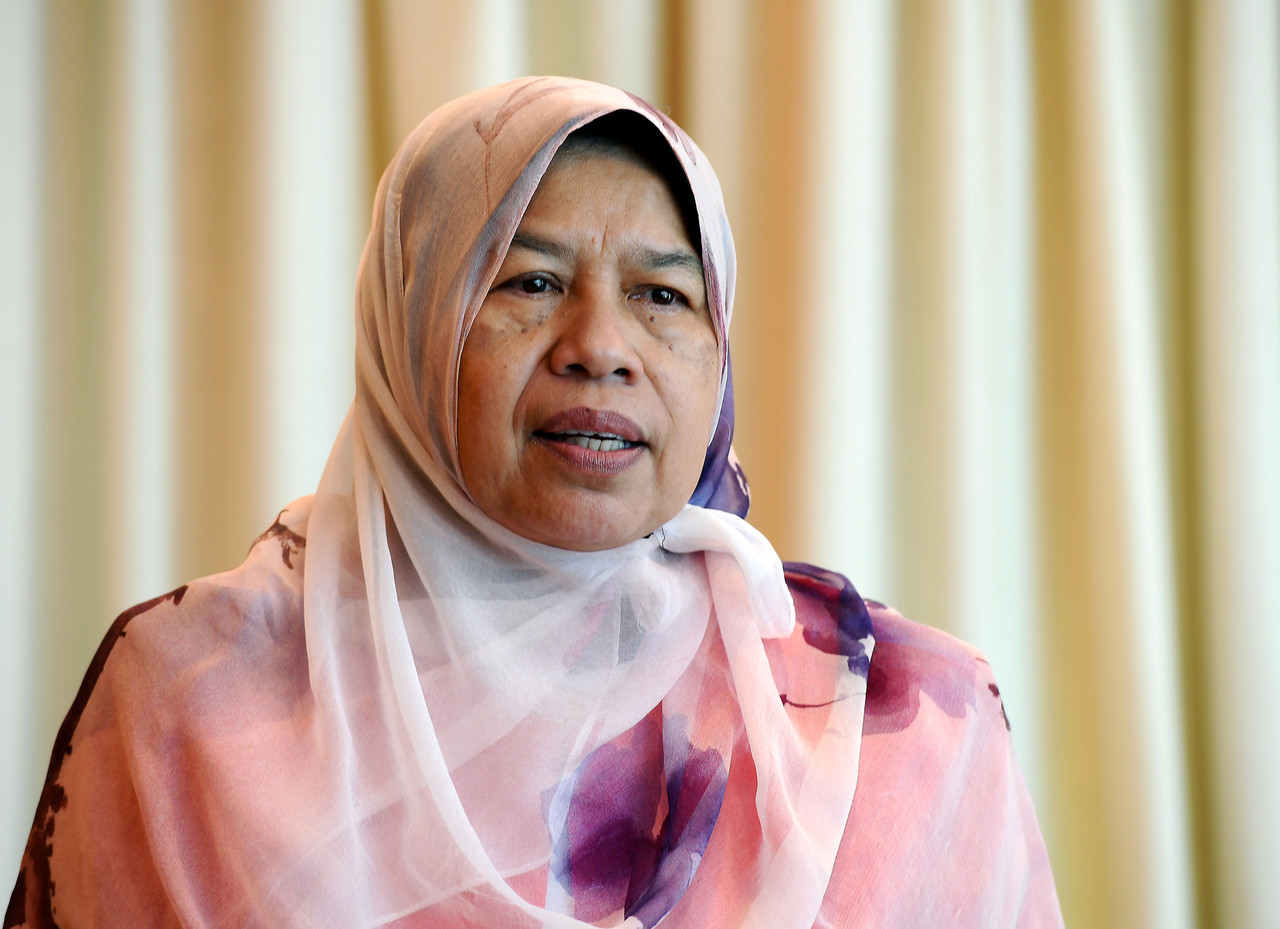KUALA LUMPUR, Oct 12 (NNN-Bernama) — Cambodia can be a land of opportunity for Malaysian downstream palm oil companies keen to tap overseas markets, said caretaker Plantations Industries and Commodities Minister Zuraida Kamaruddin.
She said Cambodia, with its population of 17 million people, is a major importer of Malaysian agriculture products, especially palm oil. The country recently celebrated the 65th anniversary of its diplomatic relationship with Malaysia.
“In fact, trade volumes between both countries have only gone up over the years. In 2021, Cambodia imported over seven million tonnes of palm oil compared with only over one million tonnes in the previous year.
“In this regard, apart from making the kingdom an export destination for a myriad of palm oil-related products, the Malaysian partner can embark on technology and know-how transfers which will ultimately assist the Cambodian agriculture and plantation sectors in achieving their full potential,” she said in a statement Wednesday.
Zuraida noted that Malaysia is already a reference point for industry standards in the case of Cambodian rubber products.
“The same can be replicated for downstream palm oil products with more Malaysian companies investing in the development of Cambodia’s palm oil sector,” she said.
The minister highlighted that Malaysia is currently Cambodia’s third largest investor behind China and South Korea, with foreign direct investment (FDI) worth US$3.53 billion from 1994-2020.
“Thus far, Malaysia’s investments are mainly focused on the banking, telecommunications, power generation and entertainment sectors,” she noted.
According to the General Department of Customs and Excise of Cambodia (GDCE), bilateral trade between Cambodia and Malaysia was worth US$503.0 million in 2021, up 13.03 per cent over the previous year.
Cambodian exports to Malaysia stood at US$101.32 million, up 2.22 per cent, while imports totalled US$401.7 million, up 16.1 per cent, with the kingdom’s trade deficit with Malaysia for last year expanding by 21.71 per cent to US$300.37 million.
Major Cambodian exports to Malaysia comprised milled rice, oil palm fresh fruit bunches (FFB), peppercorn, rubber, fabrics, electrical components, and other industrial and agricultural products, while key imports include auto parts, food and beverages (F&B) and electronics products.
Zuraida pointed out that with the economy of both countries recovering well from the COVID-19 setbacks, Malaysian palm oil is once again penetrating into new markets.
“With over 70 years of experience in palm oil production. Malaysia is capable of enabling Cambodia to play catch up to its achievement within a span of five years with rapid technology and knowledge transfer,” she said.
On another note, Zuraida also highlighted that the European Union’s (EU) anti-palm oil campaign has not affected Malaysia’s production or exports.
She said allegations levelled at Malaysia over forced labour and destruction of the environment are baseless, and in fact, 35 per cent of Malaysian palm oil carried the internationally-acclaimed Malaysian Sustainable Palm Oil (MSPO) certification.
“No other country in the world has this level of certification for their palm oil,” she claimed.
She said the Ministry of Plantation Industries and Commodities (MPIC) has embarked on the “Global Movement to Champion the Goodness of Palm Oil” campaign to raise awareness about the high quality of Malaysian palm oil.
“It will also counter the various misinformation levelled at the country’s golden oil,” she added.
— NNN-BERNAMA






